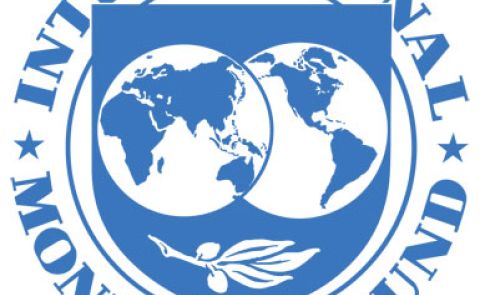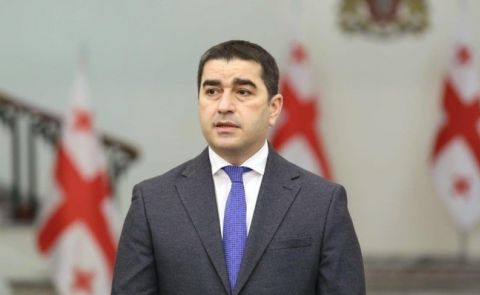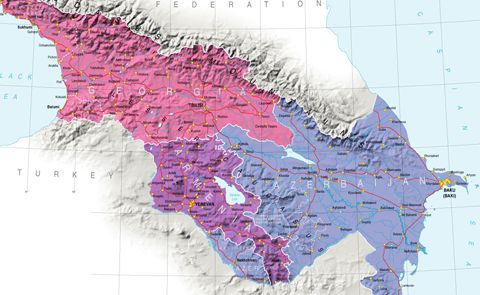
Moody’s Reports Economic Diversification in Azerbaijan

On March 27, Moody’s reported that Azerbaijan and Kazakhstan have reduced their dependence on the hydrocarbon sector over the past decade, with the non-oil sectors playing an increasingly significant role in their economies.
According to Moody’s, CIS countries have been gradually expanding and diversifying their economies, with oil-exporting nations such as Azerbaijan and Kazakhstan shifting away from hydrocarbons. The transportation and logistics sector in both countries has grown significantly due to increased cargo transit activity along the Trans-Caspian International Trade Route, also known as the Middle Corridor.
The agency noted that CIS nations are becoming more integrated into global value chains as international trade routes shift. Azerbaijan, Kazakhstan, Armenia, and Uzbekistan are increasing their use of foreign inputs in manufacturing, benefiting from Russia’s diminished role in global trade. Governments in these countries have implemented national programs to foster economic diversification and enhance competition, supported by institutional reforms and substantial public spending while also encouraging private sector investment.
Moody’s highlighted that in Azerbaijan, growing competition for funding is prompting smaller banks to seek loans from international financial institutions, while larger domestic banks may issue eurobonds. However, their volume is expected to remain modest compared to bilateral funding. The agency also noted that CIS banks are increasingly turning to international capital markets, with investor interest rising.
The report further emphasized that while local banks have growing opportunities to provide investment loans amid economic expansion, their reliance on short-term local funding models limits their ability to participate fully. Moody’s analysts believe that declining global interest rates and increased economic stability in CIS countries are making wholesale borrowing more attractive for financial institutions. As global monetary policy loosens, despite market volatility, foreign investors are likely to seek higher-yield opportunities in the CIS region.
See Also


IMF Predicts Rising Strategic Reserves, GDP Growth, and Inflation Stabilization for Azerbaijan by 2030

Armenian Officials and Georgian President Discuss Strategic Cooperation, Peace Efforts, and Regional Stability in Yerevan

State Security Service of Georgia Identifies Occupation and Annexation as Primary National Security Challenge in 2024

Shalva Papuashvili Criticizes EU for Misusing Funds, Warns of Continued Harm to Georgia’s Democracy

